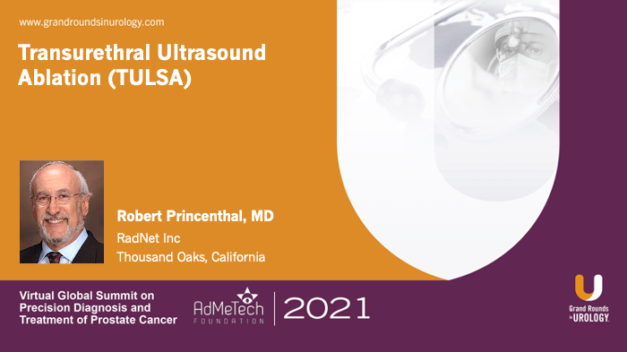Personalization of Prostate Cancer Care Through Integration of Data
In this presentation, given during the 2021 Virtual Global Summit on Precision Diagnosis and Treatment of Prostate Cancer and supported by Philips, Ilya Gipp, MD, PhD, a medical officer and oncology solutions subject matter expert with Philips in Atlanta, Georgia, discusses solutions for integrating data to personalize prostate cancer care. He first describes positive trends and challenges in prostate cancer care, noting that data silos across service lines and service providers remain a key barrier to effective and efficient treatment. Dr. Gipp describes the prostate cancer service line as beginning with early detection, progressing to diagnosis and staging, treatment selection, therapy planning and deployment, and assessment and follow-up. He then focuses on the actionability and insightfulness of information, and how to synthesize data throughout the cancer care pathway using magnetic resonance imaging (MRI). Dr. Gipp remarks that while MRI is often used in diagnosis, to benefit from the data, MRI must be the modality used at all points from screening to post-therapy assessment. For example, MRI can generate images similar to CT scans for radiation dose planning as well as guiding dose painting to offer localized, non-uniform radiation dose distribution. He summarizes by comparing the traditional approach to cancer care with a state-of-the-art model that employs biomarker imaging, image-guided multi-modality navigated fusion biopsies, digital pathology, and focal therapies.
Read More




